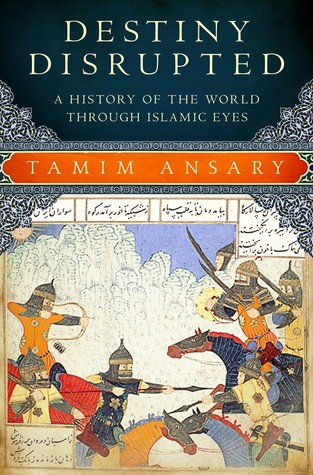Of course, someone had to administer a waqf. Someone had to conduct its business, set its policies, and manage its finances, and it couldn’t be just anyone. To possess religious credibility, a waqf had to be staffed by people known for piety and religious learning. The more famously religious its staff, the more prestigious the waqf and the more respect accrued to its founders and donors. Since the waqfs ended up controlling real estate, buildings, and endowment funds, their management offered an avenue of social mobility in Muslim society (even though many waqfs became a device by which rich
...more
Welcome back. Just a moment while we sign you in to your Goodreads account.


